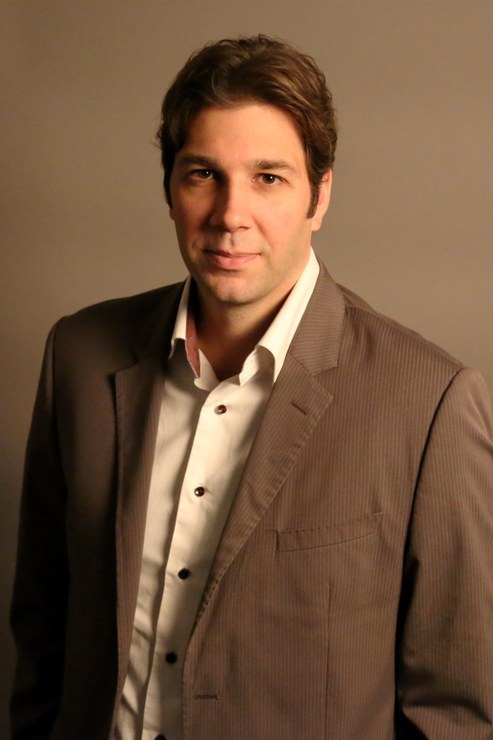Interview - 20/12/2018
Can you describe the Master in Digital Intellectual Property and Law?
The Master in Digital IP and Law was created in 2008 as a high-level study program in Law for students and employees who aim at working in the field of Information and Communication Technologies (ICT). The special feature of the Master is that many of the courses are given by professionals working in this domain (engineers, lawyers, intellectual property consulting, etc.). This Master is principally geared towards lawyers who intend to specialise in IP law (and later become in-house lawyers, barristers etc). However, this degree may also appeal to engineers and scientists wishing to pursue a dual career path or make a career change.
How does it relate to the DS4H Graduate school project?
The creation of the EUR DS4H makes it possible to bridge the gap between traditionally distinct subjects as it promotes a transdisciplinary approach to new technologies, more precisely through minor subjects and pluridisciplinary projects. In this regard, a new minor subject has been specifically created in new technology law for non-law students. This course aims to tackle the legal questions arising from the development of digital resources and software.
Alongside the launch of DS4H, the research project Deep Law for Tech (DL4T - involving the Master in Digital IP and Law) aspires to bring lawyers and engineers close together in order to develop solutions to deal with emergent issues in artificial intelligence and in blockchain technologies. You can see more about this project at www.droiteconomique.org.
In this respect DS4H and DL4T both embody the crossroads between Science and Law in the digital world. The ultimate goal is for scientists and lawyers to be able to speak the same language and to see each other’s perspectives. In the professional world and more precisely in an R&D department, engineers and lawyers need to be able to work together to optimise the protection and commercial exploitation of technology. Hence, the aim of the DS4H Graduate School is to promote such an exchange. We mean to foster the interaction of Law and Science students in DS4H so that many “legal start-ups” may grow and thrive.
What type of students can apply for the curriculum?
Prospective students wishing to enrol in the course will need to have a solid knowledge base in Law. Most students have an M1 in Business Law. Nevertheless, highly motivated students from science and engineering majors can successfully qualify for the course. For instance, a former science student and engineer who was working in a biology research lab decided to join the Master in Digital IP and Law. At the end of the year, she was top of the class, passed the Bar exam on her first try and she is currently working as a lawyer. Generally speaking, graduates from science majors can successfully convert to a law course, though it may not be as true the other way around!

Thierry Marteu is a University Lecturer in Private Law and Industrial Property.
He is also Vice-President in charge of valorization at Université Côte d'Azur.
> Read more about this Master
